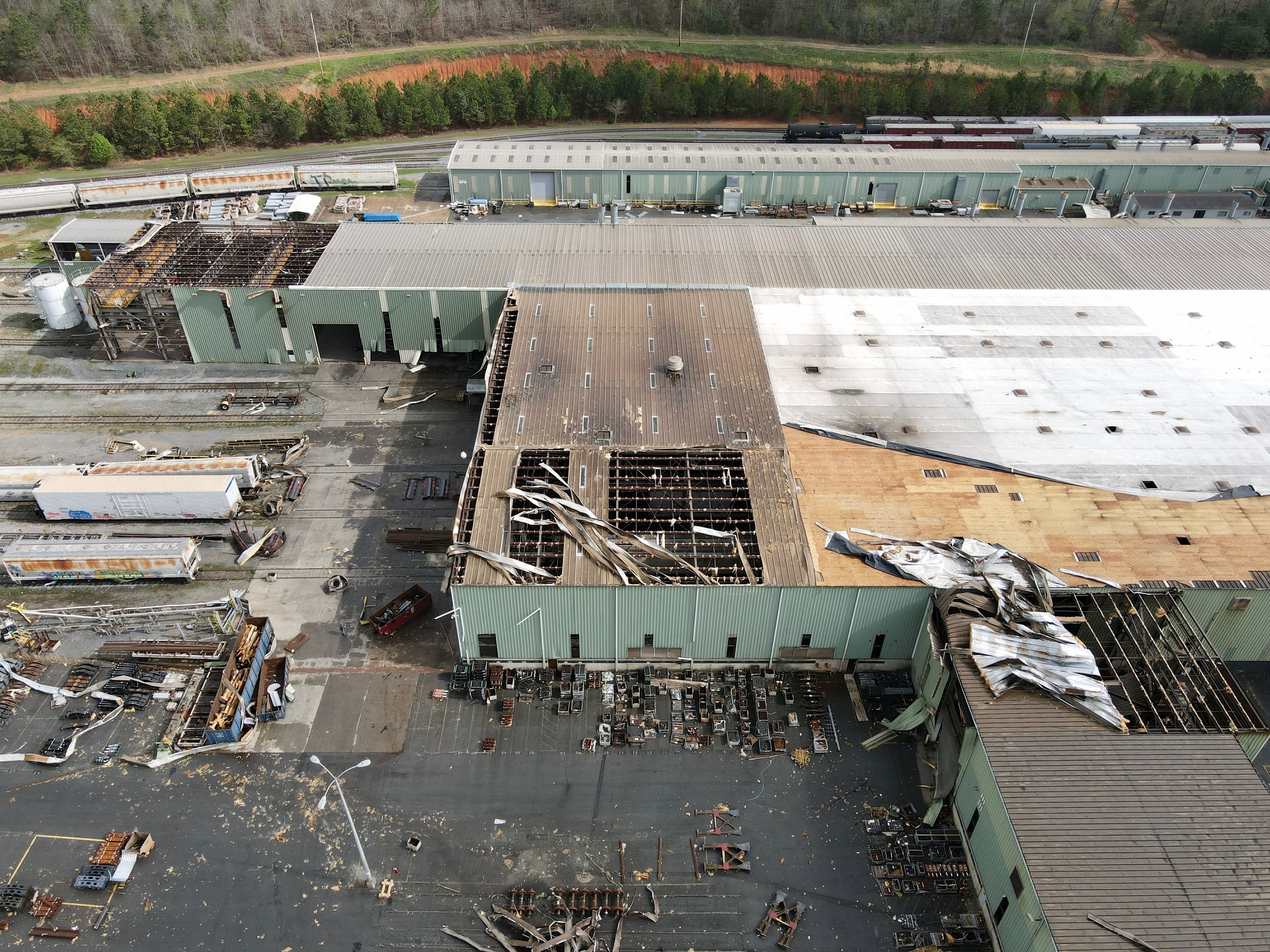In commercial real estate, one of the most commonly referenced—but least understood—concepts is title insurance. While it may not command the same attention as financing, site selection, or lease negotiations, title insurance plays a critical role in protecting transactions and preserving confidence among buyers, sellers, and lenders.
Unlike most insurance policies, which protect against future risks, title insurance is designed to uncover and guard against past issues tied to a property’s ownership record.
Why Title Insurance Matters in Commercial Real
Estate
A property’s title represents its legal ownership history. But that history isn’t always clear. Potential issues include:
-
Undisclosed liens or unpaid debts
-
Errors in public records
-
Boundary disputes or easement conflicts
-
Fraudulent transfers or missing heirs
Any of these can undermine a buyer’s rights, stall financing, or trigger costly disputes. Title insurance exists to reduce this risk.
The Role of the Title Search
Before issuing a policy, title companies conduct a comprehensive title search. This process reviews deeds, tax records, court filings, and other documents to confirm the seller’s legal right to transfer ownership.
If issues are identified, they are typically resolved before closing—reducing the likelihood of post-transaction complications.
The Two Types of Title Insurance in Commercial Real Estate
Commercial real estate transactions often involve two types of policies:
-
Owner’s Policy – Protects the buyer’s ownership interest in the property.
-
Lender’s Policy – Protects the lender’s financial stake, often required as a financing condition.
Together, these policies help ensure both buyer and lender are protected against hidden risks.
The Bottom Line
Title insurance in CRE provides a critical layer of assurance. By protecting against ownership complications, it safeguards both investment capital and operational stability. For executives, investors, and lenders alike, title insurance is a standard component of commercial real estate transactions—helping maintain deal integrity and reduce uncertainty.
Citations
-
Arizona Department of Real Estate – Guidance on Commercial Transactions
-
Arizona Revised Statutes – Title 20, Chapter 9 (Insurance Regulation)
Disclaimer
This content was prepared by the Keyser editorial team. It is provided for educational purposes only and should not be construed as legal or financial advice.





